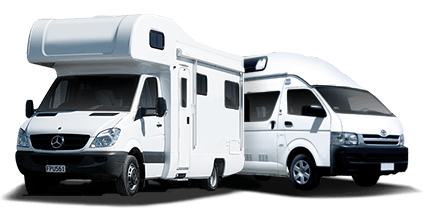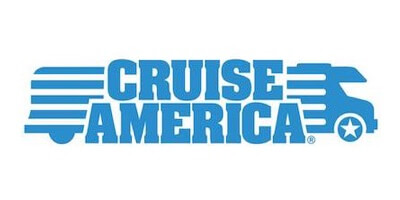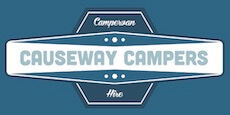RV Rental in Port Coquitlam | Unbeatable Rates

Big savings on leading brands






RV Rental in Port Coquitlam
Experience the Charm of Port Coquitlam in an RV
Exploring the Scenic City of Port Coquitlam
Nestled near the confluence of Pitt and Fraser rivers, Port Coquitlam, also known as PoCo, is a vibrant city in British Columbia, Canada. Known for its rich cultural heritage and stunning landscape, this city is a paradise for nature enthusiasts. Blessed with a wide variety of parks and trails, Port Coquitlam offers ample opportunities for RV camping, making it a popular destination for travelers looking to explore in an RV.
The city's park system incorporates over 266 hectares of parkland and 46 kilometers of trails, perfect for hiking, biking and wildlife spotting. The most distinguished among them is the Traboulay PoCo Trail, a 25.3-kilometer-long trail, which circles around the city providing a close-up look at its diverse flora and fauna. RV campers will find the trail suitable for all skill levels making for a serene and enjoyable experience in nature.
Traveling in an RV gives you the flexibility to explore this enigmatic city at your own pace and offers a unique perspective to appreciate its beauty. Nestled just 25 miles from downtown Vancouver, PoCo's perfect geographical location makes it an ideal starting point to embark on further exploration in your RV. With places like Golden Ears Provincial Park, one of the largest parks in British Columbia, and Rainbow Marina, a beautiful waterfront located a short drive from the city, planning a road trip from Port Coquitlam in an RV would be nothing short of an adventure.





